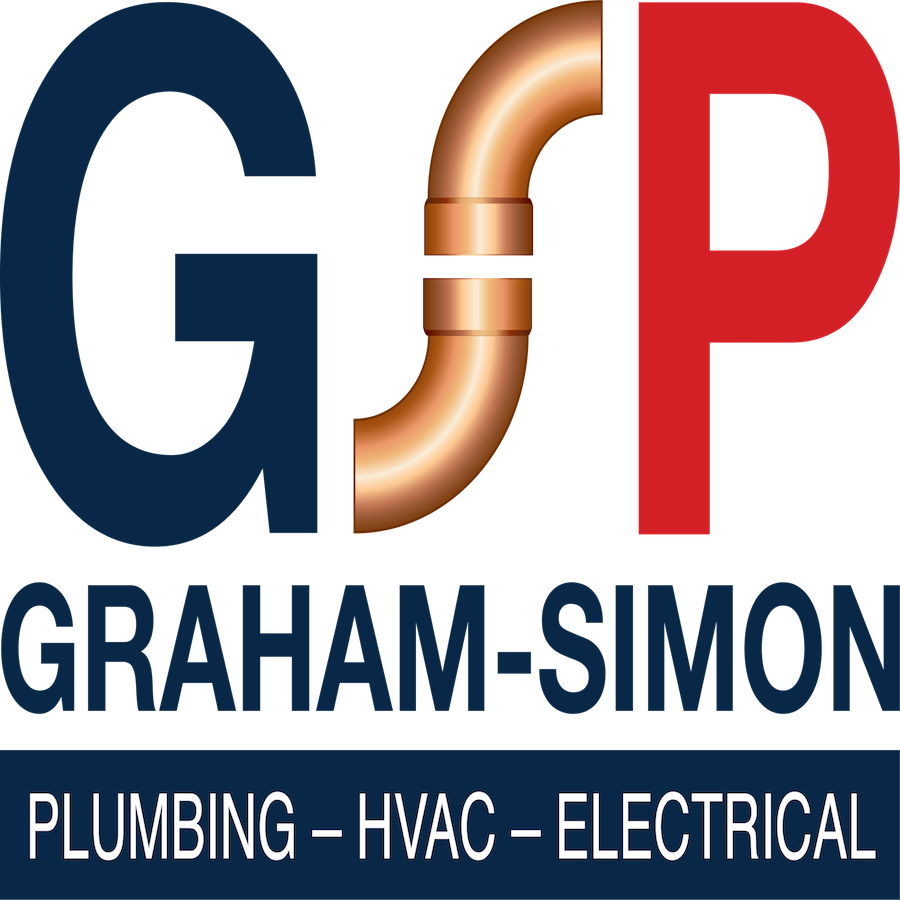How Do Plumbers Find A Water Leak?
No two leaks are the same. While some are obvious, others can go undetected for extended periods of time, and even increase your water bill. So, when you call in your local plumbers, they are going to come armed with technical knowledge and a couple handy tools of the trade. Here’s what you can expect:
What to Do If You Suspect a Leak
If you don’t see any visible signs of water damage, but notice an increased water bill, or see your water meter spinning, you could have a slab leak or another type of inconspicuous leak. An easy DIY way to confirm the presence of a leak is to shut off the water inside your house, notate the position of your water meter dial, and wait an hour or two (or overnight). If the needle on your water meter dial has moved significantly after a few hours, then you have a leak and should call a plumber to help determine the source.
How Can a Plumber Find the Source of a Water Leak?
When you call a plumber to find the source of a hidden leak, they will begin by doing a walk-through of your home to check for any signs or clues of a possible leak. This may include checking fixtures, under sinks, irrigation, and pool systems to rule out these sources. Your plumber will likely check the water meter as well to get an idea of how much water is being used.
The Best Water Leak Detection Tool
After ruling out surface and fixture leaks, your plumber will need to look for underground leaks or leaks hidden in the walls. The most effective tool to detect these types of water leaks is professional sound detection equipment. Using headphones and a microphone, a highly skilled technician will be able to listen for the sound of running water underground as it travels through the pipes. Additionally, they may also use pipe locator clamps on the visible portions of a pipe to transmit a radar signal over the pipes. This process is known as “charging the pipes”. Once the location of the leak is identified, an experienced plumber will explain the best method(s) to repair it and prevent any water damage to your home.
The principle behind electronic leak detection is that all leaks produce sounds. An electronic leak detection system operates on that principle known as acoustics or the principles of sounds. The electronic machine, that is attached to a building’s security system, registers the sound made by leaks since it picks up sound waves and transmits their originating site using the safety system installed.
Leaks have different frequencies made by the type of leak, whether coming from pipes that are under greater pressure, or from pipes that are under lower pressure and from the contents of these pipes. These leaks transmit a frequency that is picked up by the electronic leak detector, and is applied while being transmitted through the security system. The amplified sounds that the leak is making is picked up by a trained worker, who is also provided other information about the location and type of leak found on the leak detection machine, solely based on the sounds it makes.
If you have any further questions or think you may have a water leak, don’t hesitate to contact Graham-Simon Plumbing, your local plumbing specialists.
The best way to maintain a healthy plumbing system is to have periodic maintenance checks conducted by a professional. Your licensed plumber will be able to conduct a full inspection of your plumbing system to identify potential risks before they turn into costly problems.
Sign up for our maintenance agreement for 4 professional tune-ups a year:
Precision A/C Tune–Up
Precision Electrical Tune–Up
Precision Plumbing Tune–Up
Precision Heating Tune–Up


